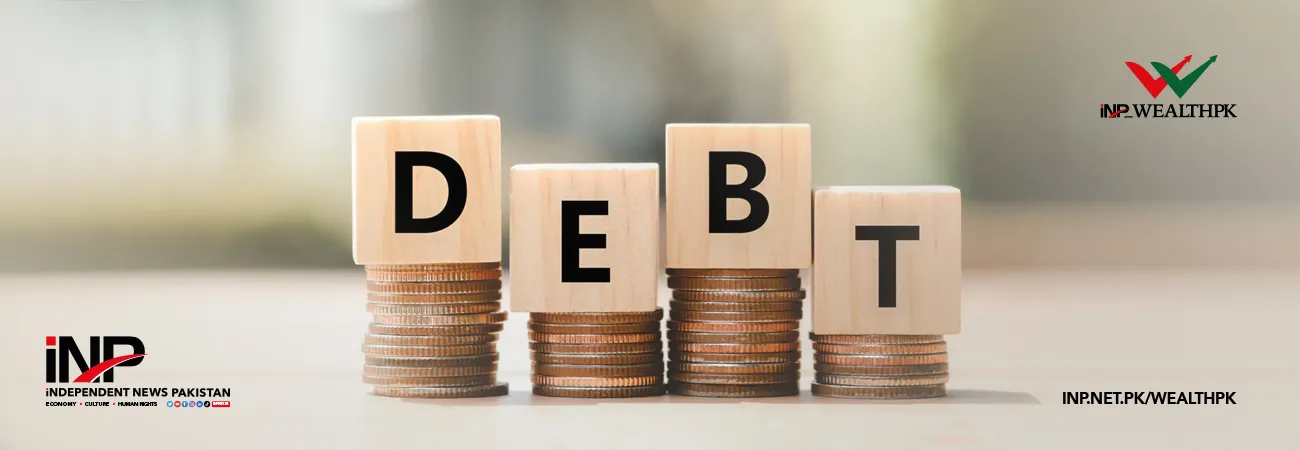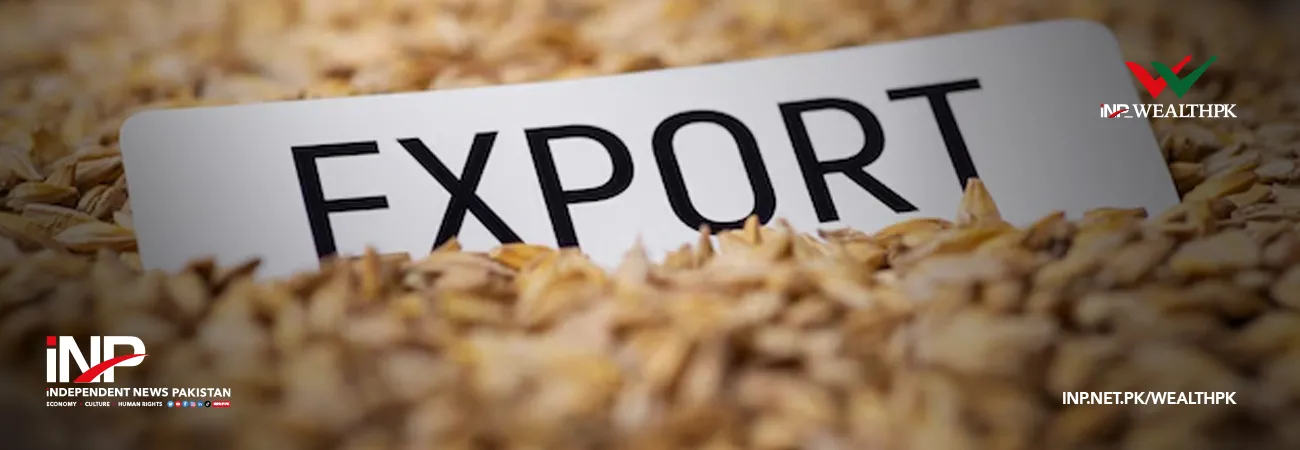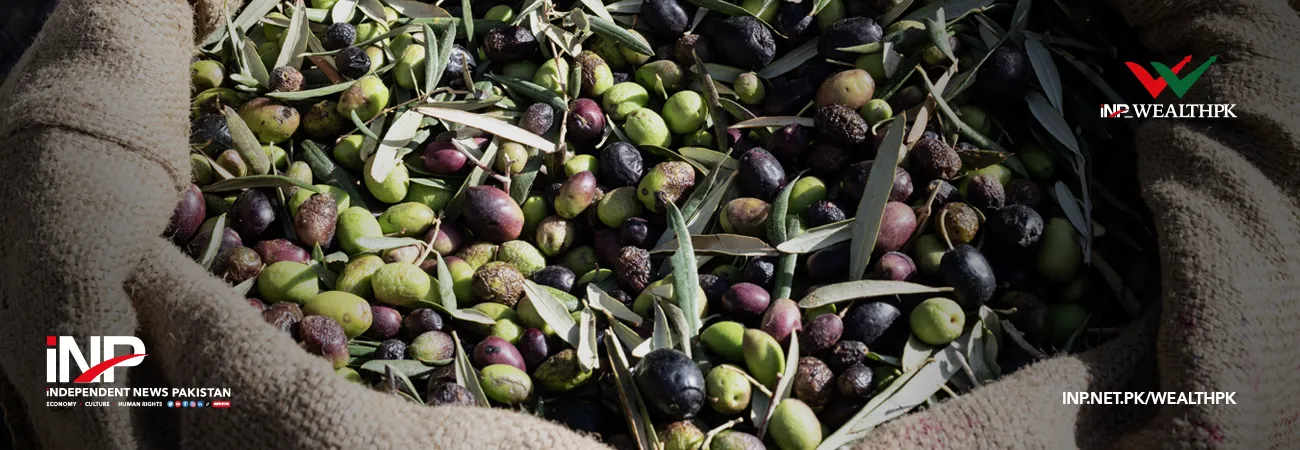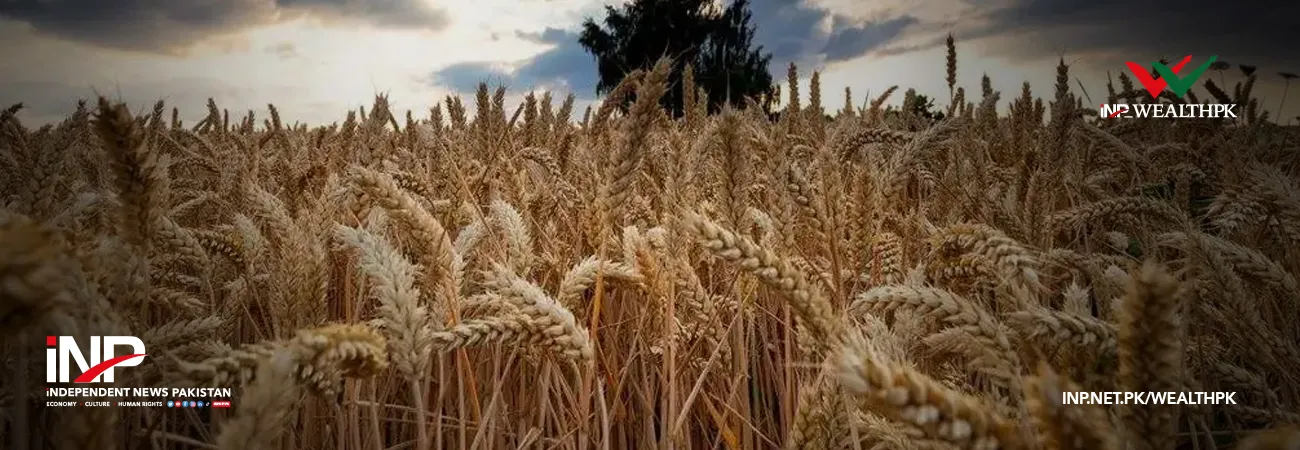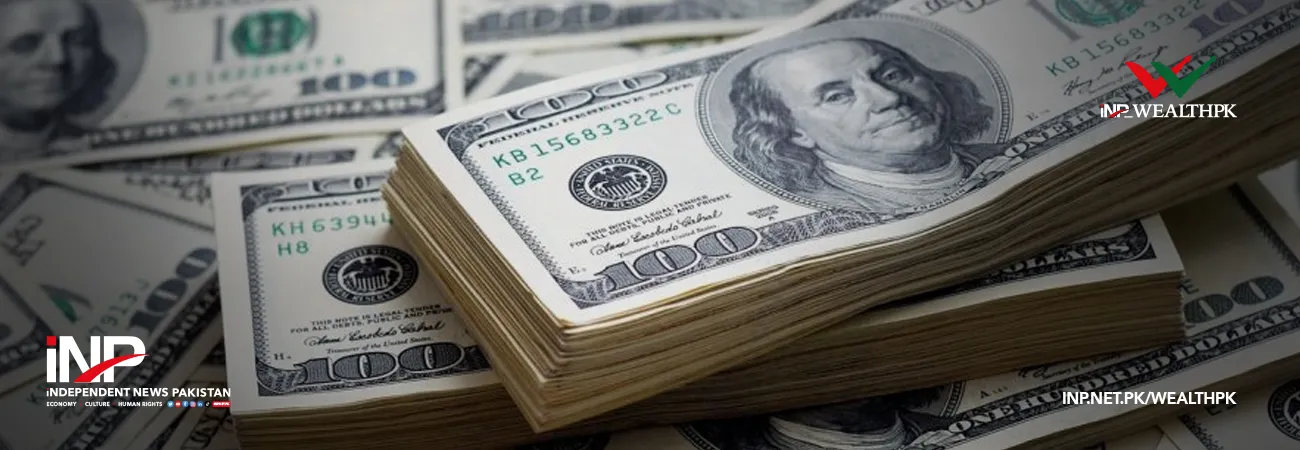INP-WealthPk
Moaaz Manzoor
Pakistan's rising domestic debt has emerged as a critical challenge, with experts warning of its implications for economic stability and fiscal management. Speaking with WealthPK, Dr. Sajid Amin Javed, Deputy Executive Director and founding director of the Policy Solutions Lab at the Sustainable Development Policy Institute (SDPI), underlined that the surge in domestic borrowing is a critical issue.
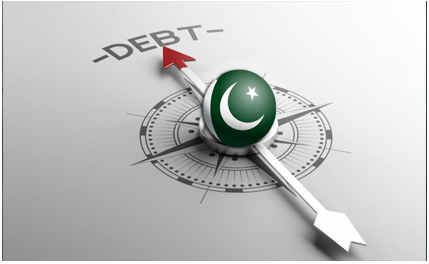
He highlighted that while important, the commonly cited debt-to-GDP ratio only provides a partial picture of debt sustainability. Drawing a comparison with China’s debt-to-GDP ratio of 287.8%, Dr. Sajid emphasized that the real question is not the ratio itself but the debt’s sustainability and the country’s economic performance. Pakistan’s population growth rate of 2.4% coupled with a GDP growth rate of only 3% paints a worrying picture, indicating that the debt is not being matched by the corresponding income or productivity growth. He added that achieving fiscal surpluses by stagnating growth is counterproductive and undermines long-term economic potential.
"Debt must be made sustainable but not at the cost of the people," he said, urging the government to implement policies that balance fiscal discipline with economic growth. The latest data from the State Bank of Pakistan (SBP) revealed that the domestic debt had reached Rs71 trillion by June 2024, accounting for 66% of the total debt. This reliance on domestic borrowing has significant economic implications. Dr. Sajid warned that continued reliance on domestic borrowing could increase dependence on indirect taxes, such as the General Sales Tax (GST), raising the living costs. “With time, the issue of domestic borrowing will get worse and affect indirect taxes like the GST, which is linked to the price levels,” he cautioned.
Hence, excessive reliance on taxation, especially regressive taxes, will erode the purchasing power and dampen consumer confidence. Debt servicing remains a significant fiscal burden, with the obligations for FY25 reaching $26 billion, including $4 billion in interest. Dr. Sajid noted that the recent cuts in interest rate and inflation could temporarily ease these pressures, but structural reforms are necessary for a sustainable solution. "Reduction in interest rates and inflation will reduce the payment cost, offering short-term relief, but the underlying issues need to be addressed," he explained.
Adding his perspective, Yaseen Bilal Ahmed, a seasoned banking professional, remarked that domestic debt, if managed efficiently, could be a valuable tool for addressing the fiscal gaps and financing development projects. He stressed that the impact of domestic debt depends on how the funds are utilized and the broader economic context. "If the trajectory is maintained for 3-5 years, focusing on better debt utilization and reducing the domestic debt-to-GDP ratio, Pakistan can build a solid base for sustainable growth," he suggested, aligning with the principles of prudent fiscal management.
The rapid increase in domestic debt underscores the urgency of adopting sound fiscal management and policy reforms. From an economic perspective, debt sustainability hinges on efficient resource allocation, productive investments, and minimizing the distortionary effects such as regressive taxation. Failure to address these challenges risks perpetuating economic inefficiencies and fiscal imbalances, leaving Pakistan in a precarious economic position. By aligning borrowing with growth-enhancing activities, the government can ensure that debt is a driver of development rather than a drag on economic stability.
Credit: INP-WealthPk



